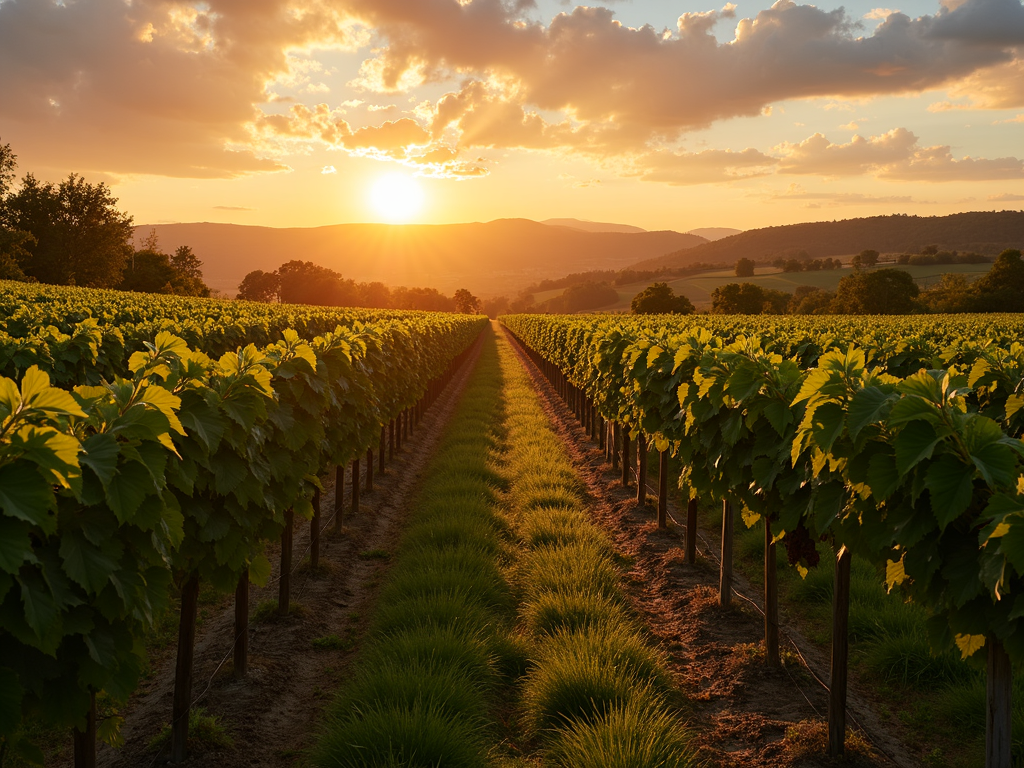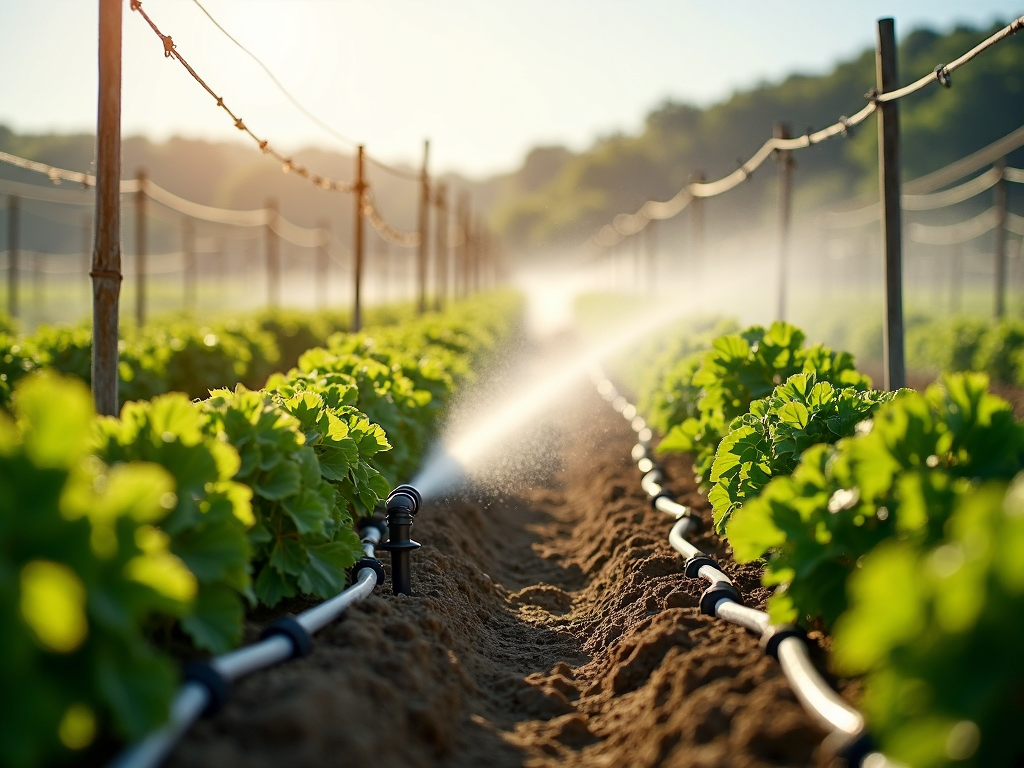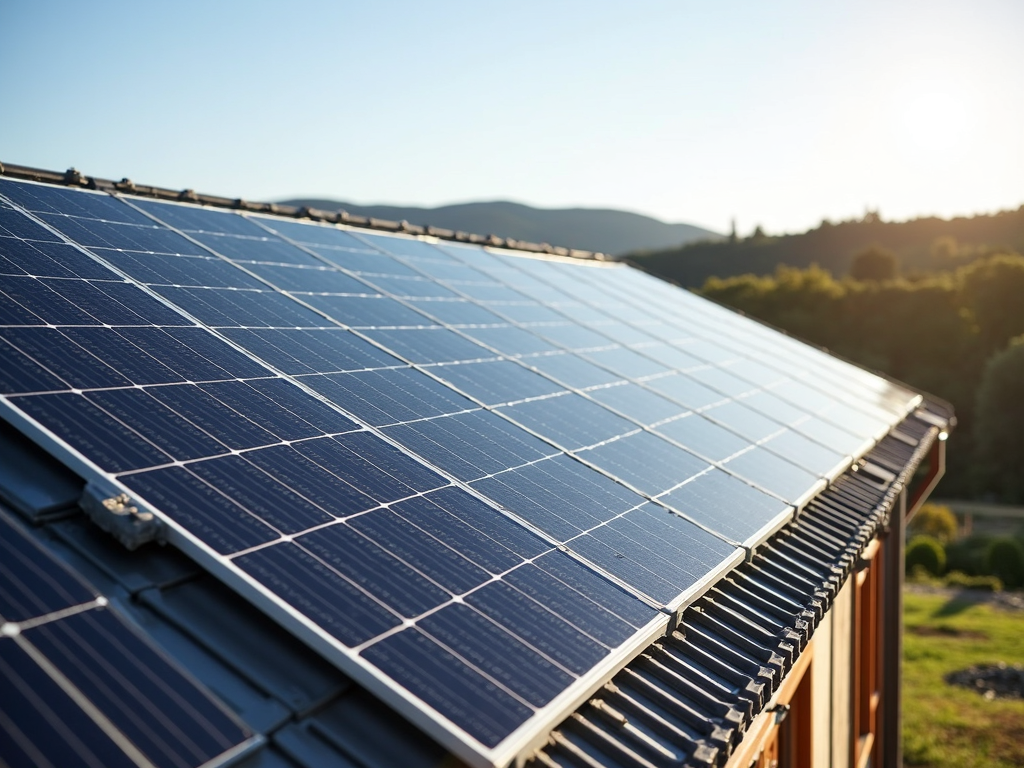Exploring Sustainable Winemaking Practices
Sustainable winemaking is more than a trend—it's a commitment to preserving the environment while producing high-quality wines. Jackson Family Wines leads the way with innovative practices that reduce environmental impact and promote biodiversity. This article delves into their approach, highlighting key practices and the benefits they bring.

Introduction to Sustainable Winemaking
Sustainable winemaking involves practices that minimize environmental impact, promote biodiversity, and ensure the long-term viability of vineyards. It encompasses everything from water conservation to energy efficiency and beyond.
Jackson Family Wines' Approach
Jackson Family Wines is a pioneer in sustainable winemaking. They focus on:
- Water Conservation: Using drip irrigation and monitoring soil moisture to reduce water usage.
- Energy Efficiency: Implementing solar power and energy-efficient equipment.
- Biodiversity: Planting cover crops and maintaining natural habitats.
- Soil Health: Using organic fertilizers and composting.

Specific Practices and Innovations
Let's explore some of their key practices:
1. Water Conservation
- Drip irrigation systems deliver water directly to the roots, reducing waste.
- Soil moisture sensors help determine when and how much to water.
2. Energy Efficiency
- Solar panels power their facilities, reducing reliance on fossil fuels.
- Energy-efficient lighting and equipment minimize energy consumption.
3. Biodiversity
- Cover crops like clover and mustard improve soil health and attract beneficial insects.
- Natural habitats provide homes for wildlife, promoting a balanced ecosystem.
4. Soil Health
- Organic fertilizers and compost enrich the soil without harmful chemicals.
- Crop rotation and minimal tillage maintain soil structure and fertility.

Benefits and Challenges
Sustainable winemaking offers numerous benefits:
- Environmental Preservation: Reduces carbon footprint and conserves resources.
- Improved Wine Quality: Healthier vineyards produce better grapes.
- Long-Term Viability: Ensures the vineyard's productivity for future generations.
However, it also presents challenges:
- Initial Costs: Implementing sustainable practices can be expensive.
- Labor Intensive: Requires more hands-on management.
- Education: Winemakers must stay informed about the latest sustainable techniques.
Summary
Jackson Family Wines exemplifies sustainable winemaking through innovative practices that benefit the environment and produce exceptional wines. By focusing on water conservation, energy efficiency, biodiversity, and soil health, they set a standard for the industry. While challenges exist, the long-term benefits make sustainable winemaking a worthwhile investment.